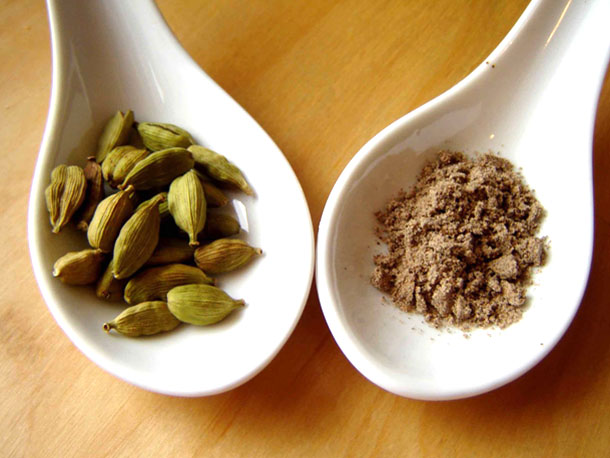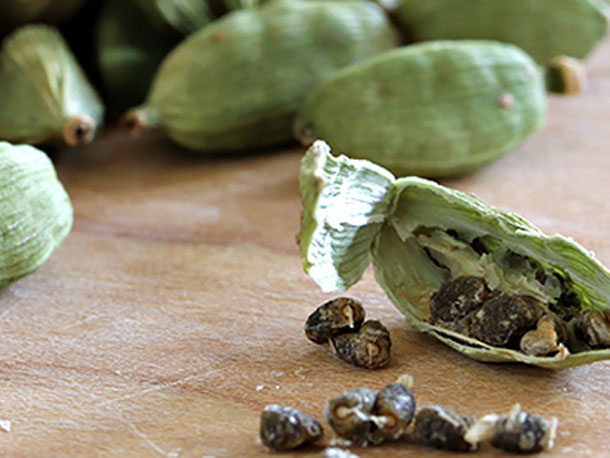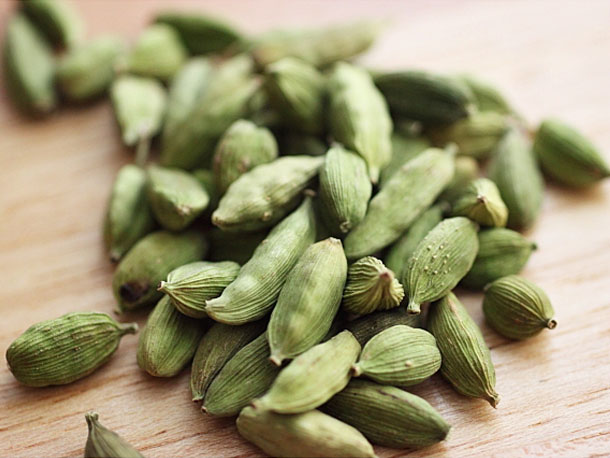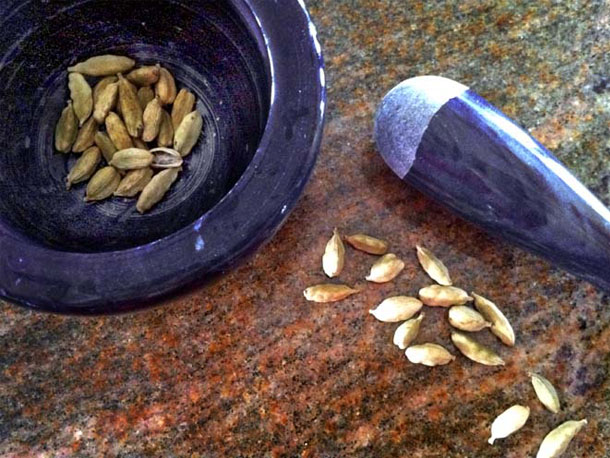Indian Spices Board reassures over fungal disease in cardamom plantations
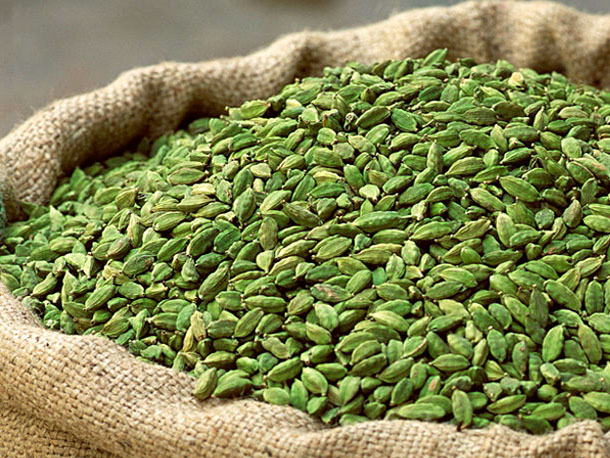
THE Indian Spices Board has said incidence of rot disease in cardamam plantations in Kerala’s Idukki district was due to the current monsoon and the situation was not alarming.
Fungal diseases were of common occurrence during monsoon season and the severity was a bit more this time, although it was not alarming, the board said in a press release.
The disease has been noticed in the cardamom growing tracts in Idukki District.
Unlike during the previous years, the cardamom tracts in Idukki district are still experiencing continuous rains this year. Due to the rains, the relative humidity is high which is conducive for the multiplication of fungal pathogens causing rotting of capsules and pseudostems. In plantations where prophylactic spraying of 1% Bordeaux Mixture was adopted during May and June, the incidence of fungal disease was not common, the release said.
However, many farmers could not adopt this prophylactic measure as there had been no dry spell after the onset of monsoon which is an unprecedented situation. The incidence of the rot disease was more prevalent in swampy areas where there was stagnation of water and less drainage.
The release said that field officers of the Spices Board were regularly conducting meetings and campaigns and educating the farmers to adopt necessary control measures against fungal diseases and to avoid further spread.
The crop loss due to rot disease was estimated at 7.8% in 2011/12 under Nedumkandam Region.
The Indian Cardamom Research Institute at Myladumpara was maintaining Good Agricultural Practices plots at ICRI farm, Moolathurai and Anavilasom, where the incidence of capsule rot and clump rot was said to be at the barest minimum.

